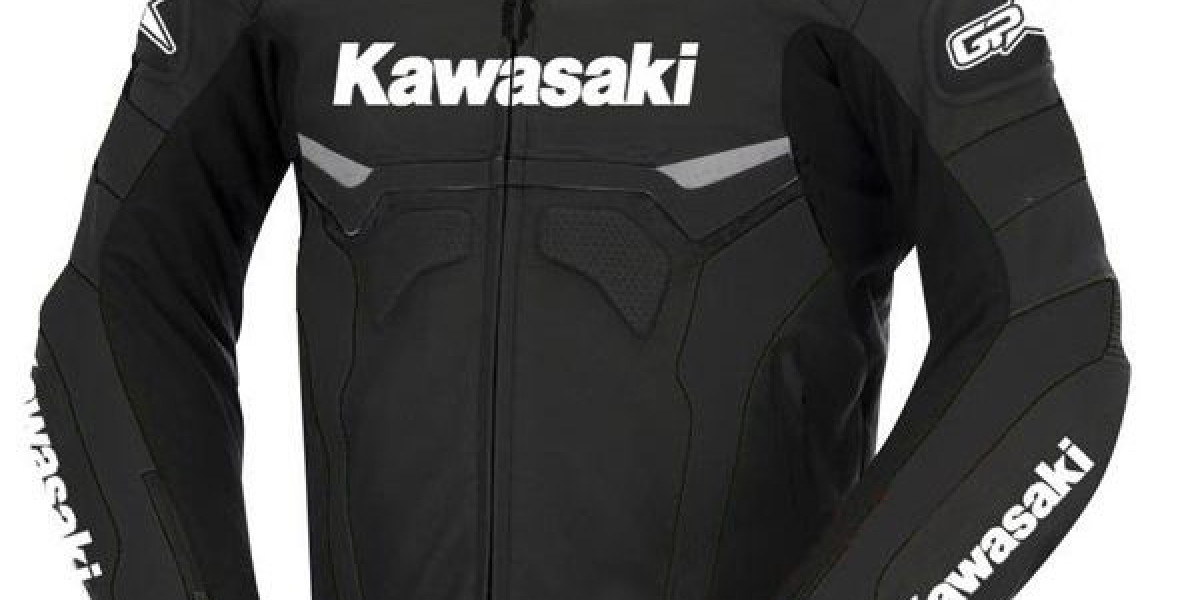In the pursuit of fitness, health, and overall well-being, many individuals turn to a combination of exercise routines and supplements to enhance their performance, recovery, and results. With a variety of fitness supplements on the market, it can be overwhelming to know which ones are truly effective. Whether you’re aiming to lose weight, build muscle, or simply improve your energy levels, the right supplements can make a significant difference when combined with a balanced diet and consistent exercise.
In this article, we’ll explore some of the best fitness supplements for 2024, backed by science and designed to boost your health and fitness goals.
Protein Powders: Fuel for Muscle Growth and Repair
Protein is a cornerstone of any best fitness routine, especially for those looking to build muscle, recover faster, and improve overall performance. Whether you're an athlete or a casual gym-goer, getting enough protein is crucial.
Why it works: Protein is made up of amino acids, which are the building blocks of muscle tissue. After a tough workout, your muscles need protein to repair and grow stronger.
Best options:
Whey Protein: A fast-digesting protein that’s ideal for post-workout recovery.
Plant-Based Protein: A great alternative for vegans or those sensitive to dairy, often made from peas, brown rice, or hemp.
Casein Protein: Slow-digesting, perfect for overnight muscle repair.
Tip: Aim for 20-30 grams of protein after your workout, depending on your body size and goals.
Creatine: The Powerhouse for Strength and Endurance
Creatine is one of the most researched and widely used fitness supplements, and for a good reason. It enhances strength, muscle mass, and performance during high-intensity activities.
Why it works: Creatine helps regenerate ATP (adenosine triphosphate), the energy currency of the body, allowing you to perform more reps or longer during intense exercise. This translates to better muscle growth and improved strength over time.
Best options:
Creatine Monohydrate: The most studied and proven form of creatine.
Micronized Creatine: Easier to digest, often used by people with digestive issues.
Tip: Take 3-5 grams daily, either before or after your workout. It’s often recommended to load for the first 5-7 days, followed by a maintenance phase.
Branched-Chain Amino Acids (BCAAs): Support for Endurance and Recovery
BCAAs (leucine, isoleucine, and valine) are essential amino acids that play a vital role in muscle recovery, reducing muscle soreness, and preventing muscle breakdown during intense training.
Why it works: BCAAs promote protein synthesis and help protect muscles from breakdown during exercise, especially during longer or more intense workouts.
Best options:
BCAA Powder: Mixes easily with water and is quickly absorbed.
BCAA Capsules: Convenient for on-the-go use.
Tip: Consume BCAAs before or during a workout to prevent muscle fatigue and soreness, or post-workout to support recovery.
Pre-Workout Supplements: Boost Your Energy and Focus
Pre-workout supplements are designed to provide an energy boost, improve endurance, and enhance focus during your workout. These are especially beneficial for those who need an extra push to get through a tough training session.
Why it works: Many pre-workouts contain ingredients like caffeine, beta-alanine, and nitric oxide boosters that can increase energy, reduce fatigue, and enhance muscle pumps.
Best options:
Caffeine-Based Pre-Workout: Increases energy, focus, and fat burning.
Non-Stimulant Pre-Workout: Ideal for individuals who are sensitive to caffeine but still want endurance and focus boosts.
Tip: Take your pre-workout 20-30 minutes before your workout to feel the effects during training.
Omega-3 Fatty Acids: For Joint Health and Inflammation Reduction
Omega-3 fatty acids, commonly found in fish oil, are essential fats that provide numerous health benefits, including reducing inflammation and supporting heart and joint health.
Why it works: Omega-3s help reduce post-workout inflammation, which speeds up recovery and may prevent injury over time.
Best options:
Fish Oil: Rich in EPA and DHA, two key types of omega-3s.
Krill Oil: A more bioavailable form of omega-3, often easier on the stomach.
Tip: Aim for 1-2 grams of omega-3 daily to help with recovery and reduce inflammation, especially after intense exercise.
Multivitamins: Fill Nutritional Gaps
While a well-rounded diet should provide most of your vitamins and minerals, multivitamins can help fill nutritional gaps and support overall health, especially if you’re on a restrictive diet or have higher nutritional needs due to intense exercise.
Why it works: Multivitamins provide essential vitamins and minerals like vitamin D, calcium, magnesium, and zinc, which are critical for energy production, muscle function, and bone health.
Best options:
General Multivitamins: Choose one that’s specific to your gender or age group for optimal benefits.
Sports Multivitamins: These often contain added ingredients for active individuals, like extra magnesium for muscle function or potassium for hydration.
Tip: Take multivitamins with food to improve absorption and prevent any stomach discomfort.
Hydration Supplements: Stay Hydrated for Optimal Performance
Hydration is crucial for both performance and recovery, especially during intense workouts. Electrolytes like sodium, potassium, and magnesium are lost through sweat and must be replaced to prevent dehydration and muscle cramping.
Why it works: Electrolytes help maintain fluid balance, nerve function, and muscle contractions, which are vital for optimal performance during exercise.
Best options:
Electrolyte Powders: Easy to mix into your water bottle for hydration.
Coconut Water: A natural source of electrolytes and a good alternative to sugary sports drinks.
Tip: Drink an electrolyte supplement during or after long-duration workouts to maintain hydration levels and prevent cramps.
L-Carnitine: Burn Fat and Boost Metabolism
L-carnitine is an amino acid that helps the body convert fat into energy. This supplement is often used by those looking to lose weight or improve their fat-burning capacity.
Why it works: L-carnitine helps shuttle fatty acids into the mitochondria, where they’re burned for energy. This process can help enhance fat loss, especially when paired with a calorie deficit and regular exercise.
Best options:
L-Carnitine Liquid or Capsules: Available in both fast-absorbing liquid form and convenient capsules.
Tip: Take 500-2,000 mg of L-carnitine per day, preferably before workouts, to maximize fat-burning potential.
Conclusion: Supplements Are a Support, Not a Shortcut
Supplement tips can be a valuable addition to your fitness routine, but they should never replace a balanced diet or consistent exercise. The best way to achieve long-term fitness success is to combine the right supplements with a healthy eating plan and regular physical activity.



